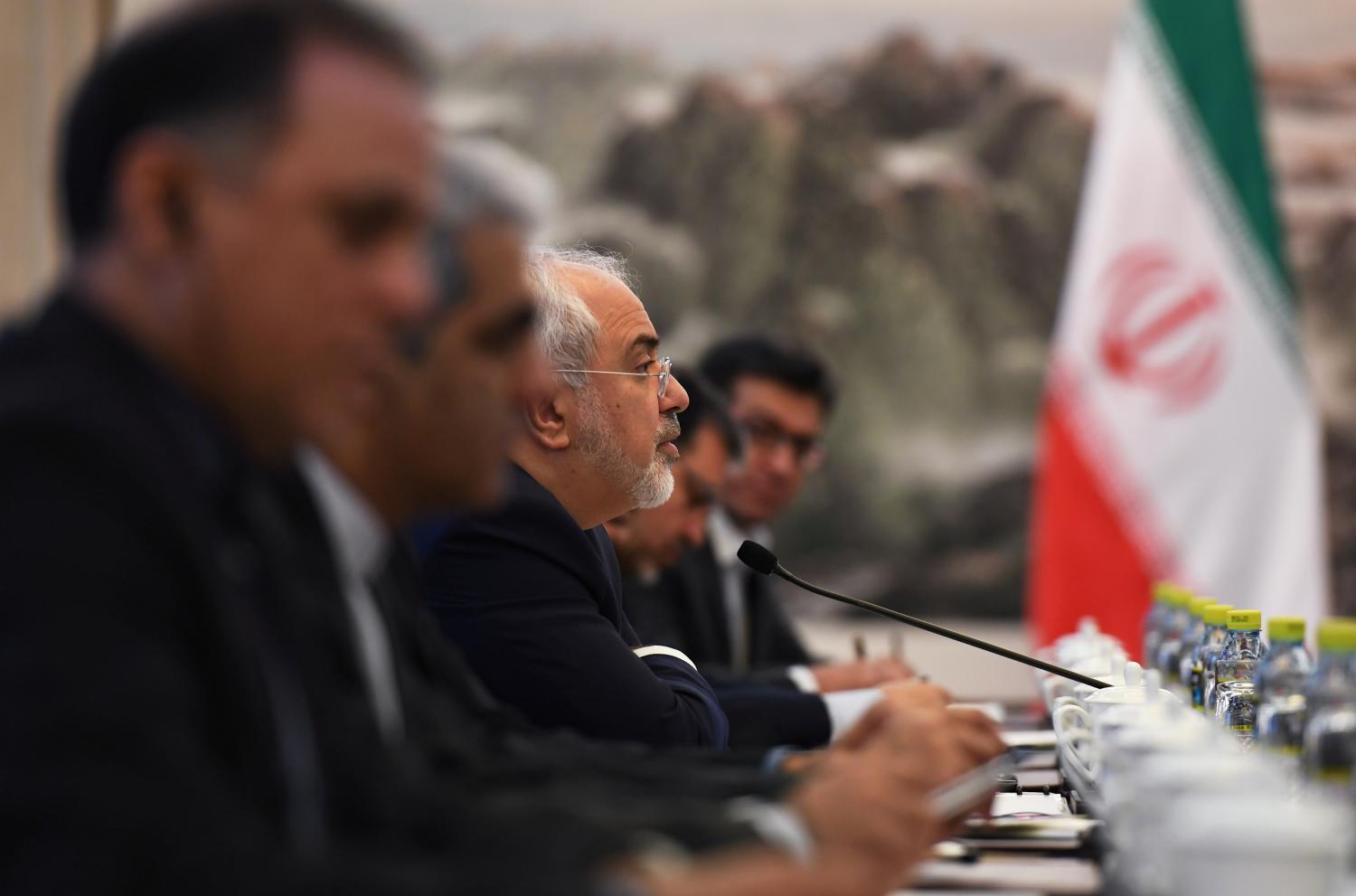Editor’s Note: This article originally appeared on Lawfare.
Andrew McCarthy is once again blaming the poor Iran Nuclear Agreement Review Act for Congress’s inability to stop the president from implementing the Iran deal. McCarthy is not the only one doing so. This position is not just wrong, but dangerous, since it deflects attention from the true causes of the predicament Congress finds itself in.
The Iran Review Act is not the source of Congress’s inability to block the Iran Deal. All it does is delay the implementation of domestic U.S. sanctions for 60 days from yesterday. Absent the Iran Review Act, President Obama could have lifted U.S. sanctions last week (or, for that matter, last year).
The main cause of Congress’s lack of leverage on the Iran deal is the pre-existing congressional sanctions regime that gave the president discretion to waive or lift the sanctions under certain circumstances. If Congress had not delegated to the president authority to lift the sanctions, the president could not lift them now, either directly or via an international agreement. So if you think Congress ought to have more power to stop the president from lifting Iran sanctions, blame past Congresses, not the Iran Review Act.
A second reason for Congress’s relative lack of power is the longstanding but growing practice of presidents entering into legally-non-binding “political” agreements. Such agreements are not treaties and thus need not be approved by two-thirds of the Senate, and are not congressional-executive agreements that require bicameralism and presentment. They aren’t even “pure” executive agreements—at least not ones legally binding under international law. Critics might protest the growing practice of political agreements on the ground that even though they’re not binding under international law they can have a profound practical impact on U.S. foreign policy. And so perhaps Congress or the Senate should use its political and legal tools to better regulate political agreements. But the practice of presidents making political agreements is not new.
Nor is President Obama’s plan to go to the United Nations Security Council to bless the Iran Deal and lift international sanctions an untoward use of presidential power. Presidents have exercised the discretion under Article II of the Constitution to speak and vote for the United States in the United Nations, with enormous consequences, since the 1940s. Congress has expressly approved this practice. (See especially 22 USC 287 and 22 USC 287a.) And as John Bellinger has noted, the draft Security Council Resolution has been “carefully crafted by Administration lawyers to avoid imposing binding legal obligations on the United States before Congress considers” the Iran Deal.
The president’s team cleverly stitched together the president’s authority to lift domestic sanctions, his authority to make political agreements, and his authority to vote for the United States in the Security Council, in order to make sure the Iran Deal would stick unless super-majorities of Congress reject it. Don’t blame the president for doing something legally sketchy when he is exercising clear authorities. And don’t blame the Iran Review Act for seeking to delay the president from exercising some of these authorities. If Congress doesn’t like the position it is in now, it should be more careful when it gives the president discretion to implement (and waive) its sanctions. (And if Andrew McCarthy doesn’t like the position Congress is in, he should not have advocated for presidential flexibility in implementing Iran sanctions.) I doubt Congress will be more careful in the future, since it typically doesn’t like (and cannot organize itself to exercise) the responsibility as an equal constitutional partner in the conduct of U.S. foreign relations.
P.S.: Senator Cardin is wrong to say that the president seeking U.N. Security Council approval for the Iran Deal before the 60-day review period under the Iran Review Act expires is inconsistent with the Iran Review Act. That Act in no way stops the president from using his pre-existing authorities to vote in the United Nations. I’m also surprised that Senator Cardin said: “Quite frankly, we didn’t focus on how they would implement the U.N. international aspects of this. I think we sort of assumed we would have this 60-day period without that action.” That was a bad assumption, especially since the administration did not hide the ball about going to the United Nations regarding international (as opposed to U.S.) sanctions, regardless of what Congress did in the Iran Review Act.
The Brookings Institution is committed to quality, independence, and impact.
We are supported by a diverse array of funders. In line with our values and policies, each Brookings publication represents the sole views of its author(s).





Commentary
Why Congress is effectively powerless to stop the Iran deal
July 21, 2015